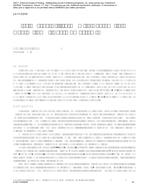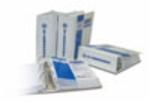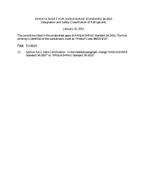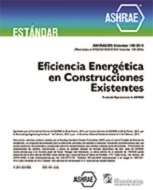Description
A simulation model for a test house is developed that accounts for internal heat gains, infiltration, thermal envelope heat transfer, and solar effects. The house model consists of zones for the basement, first floor, second floor, attic, and the garage. The house first and second floors are heated using a radiant floor heating system. The radiant loops are fed with water which is first heated using solar heat from a solar storage tank and then using a boiler. A detailed component based network model of all the elements of the solar assisted radiant floor heating system is developed and then linked to the house thermal model. The simulation results show that, using a Chicago weather file, up to 22% of the heat demand of the house first and second floors can be met using collected solar energy with a collector area of 23.04 m2. The Solar Fraction is found to increase by 17% when the supply temperature to the radiant loops is varied according to an outdoor temperature reset control strategy as opposed to a constant supply temperature. This enhancement in the Solar Fraction is however associated with an increase in the auxiliary electricity consumption of the system circulation pumps.
Citation: ASHRAE Conference Papers, Las Vegas, NV
Product Details
- Published:
- 2011
- Number of Pages:
- 8
- File Size:
- 1 file , 1.5 MB
- Product Code(s):
- D-LV-11-C010




